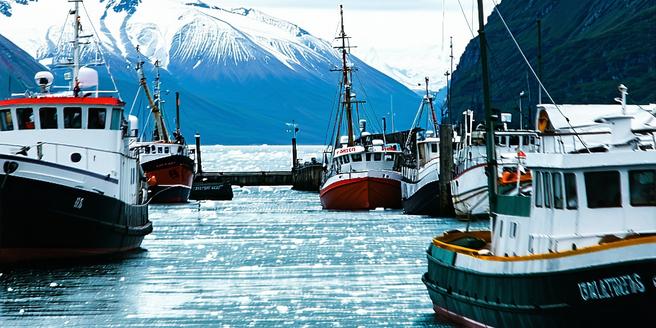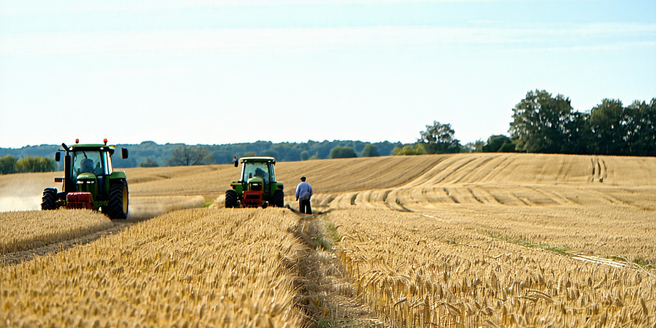
Understanding Regional Linguistic Nuances
| State | Common Phrase | Linguistic Nuance |
| Texas | Howdy | Friendly greeting implicating warmth |
| New York | Fuggedaboutit | Expression of disinterest or dismissal |
| California | Hella | Denotes a large quantity or strong degree |
| Minnesota | Uff da | Expression of sensory overload |
| Louisiana | Laissez les bon temps rouler | Encouragement to have fun and enjoy life |
| Hawaii | Aloha | Greeting or farewell with deeper cultural significance |
Historical Influences on State-Specific Quotes
Historical events have long been a powerful influence on the development of state-specific quotes and expressions. Various cultural and historical milestones leave a lasting imprint on the linguistic identity of a region. For instance, the Gold Rush era in California spurred multiple expressions centered around ambition and fortune-seeking. The eager prospectors of that time not only shaped the economy but also left an indelible mark on the language used to describe perseverance and success. Historical backgrounds such as the Civil War’s impact on Southern states offer a rich tapestry of language reflecting resilience and unity. Moreover, industrialization in states like Ohio led to expressions embodying hard work and innovation. As such, the historical narrative of each state is a crucial factor shaping its unique linguistic expressions, giving an identity resonant with its past.
How Culture Shapes Quote Variations Across America
The diverse cultural landscape across America plays a pivotal role in shaping local quote variations. Cultural habits and ethnic influences contribute to distinct phrases resonating with communities’ identities. In New York, the melting pot of different cultures gives rise to expressions from various immigrant communities, creating a rich linguistic mosaic. This linguistic diversity makes New York a fascinating place for language enthusiasts to explore. Similarly, the Southern states’ culture is influenced by African American and Native American languages, evident in their colloquial phrases. Culture doesn’t just shape the way people speak—it dictates the tone, style, and nature of conversations regionally. Therefore, understanding cultural differences is essential when exploring the colorful diversity of quote variations across the country.
Famous Regional Sayings and Their Origins
Many regional sayings originate from the stories, traditions, and daily practices unique to each area. “Everything’s bigger in Texas” stems from the state’s large geographical size and residents’ pride in doing things on a grand scale. In New England, “Get outta heah!” is used to express disbelief, rooted in the straightforward and sometimes abrupt communication styles of the area. Similarly, the South is known for its warm hospitality, often reflected in phrases that stress kindness and generosity. Louisiana’s “Let the good times roll” embodies the region’s rich musical and festival traditions, emphasizing a culture of celebration. Such sayings are not just casual utterances; they hold narratives that offer a glimpse into the communities’ hearts, connecting listeners with the past and the essence of different regions.
The Impact of Geography on Expression Styles
Geographical features significantly influence the expression styles found within a state. In places like the Rocky Mountains, language often reflects themes of adventure and exploration due to the rugged landscape. Coastal regions offer expressions related to the sea, with terminology borrowed from maritime occupations. These maritime expressions often become deeply embedded in the local dialect, influencing communication style and identity. Cultural exchanges in these areas also introduce new vocabulary and idiomatic expressions. Furthermore, agrarian areas develop language centered around farming cycles or nature, anchoring expressions in the environment and seasonal changes. The geographical imaginations of residents deeply inform how they perceive and express their world, leading to unique linguistic styles that reflect the physical spaces they inhabit and the lifestyles they lead.
Comparing Coastal and Inland Phraseology
The language of coastal and inland areas shows fascinating differences arising from their distinct lifestyles and experiences. Coastal regions often incorporate nautical language, reflecting society’s connection to maritime activities. Terms like “batten down the hatches” find their place in conversations, echoing themes of preparation and protection. The sea, after all, is both a provider and a challenger, influencing more than just the vocabulary of those who dwell by its shores. Conversely, inland areas, more connected to agriculture and land-based activities, might speak of “keeping your ear to the ground.” This not only references farming life but also implies staying informed and alert to changes. The contrasts in coastal versus inland phraseology illuminate how geography influences everyday language, creating rich linguistic tapestries shaped by their respective environments.
The Role of Local Dialects in Quote Formation
Local dialects play a crucial role in the formation of unique quotes across different states. Each region’s dialect may contribute to specific pronunciations, word choices, and sentence structures, ultimately influencing the style and content of local expressions. In Appalachian regions, distinct vocabulary and pronunciation lead to phrases uniquely shaped by the area’s hilly geography and cultural history. Similarly, in the Midwest, Scandinavian influences seep into the dialect, introducing particular intonations and phrases distinct to the area. The diversity of expressions stemming from these dialects fosters a deeper understanding and appreciation of cultural identities. Dialects enrich the linguistic culture of a region, making its expressions stand out as reflections of its people and the diversity that language brings to social interactions.
Adapting Famous Quotes to Fit State Mentalities
Adapting famous quotes to better align with state mentalities is a fascinating process. It reflects the blending of widely recognized sayings with local flavors. This practice showcases the dynamic nature of language and culture. In Michigan, phrases about resilience, such as “When the going gets tough, the tough get going,” are often adapted to involve wintery references, echoing the community’s hearty response to harsh weather conditions. Similarly, in sunny California, twists on motivational quotes might involve references to innovation and creativity, inspired by the state’s entrepreneurial spirit. Such adaptations not only personalize messages for local audiences but also ensure that the wisdom of famous quotes resonates more authentically within the context of local experiences and attitudes.
Why Some Expressions Remain Universal
While local phrases and quotes shimmer with regional color, some expressions manage to transcend geographical boundaries, remaining universally appreciated. These often encapsulate universal truths, emotions, or shared experiences that resonate broadly, regardless of location. Phrases like “a picture is worth a thousand words” or “actions speak louder than words” convey ideas understood in any cultural or geographic setting. Such expressions serve as bridges in communication, fostering understanding across different cultures. Their simplicity, depth, or resonance with human nature ensures they remain unconfined by regional peculiarities. The universality of such expressions lies in their ability to communicate profound truths, facilitating connections among diverse groups and offering shared linguistic touchstones in an otherwise varied speaking landscape.
Tips for Navigating Quote Variations When Traveling
Navigating quote variations when traveling can enhance your cultural experiences and communication efforts. Familiarizing yourself with regional sayings before visiting can enrich interactions, showing respect and interest in local culture. Learning a few key phrases can go a long way in easing your travels. Additionally, when faced with unfamiliar expressions, asking locals for context can deepen your understanding and spark engaging conversations. Travelers can also share their own regional phrases, creating an exchange of linguistic customs that bridges cultural gaps. Being open and curious about the diverse ways language manifests across America not only aids comprehension but also enriches your journey, offering deeper connections with the people and places you encounter along the way.

